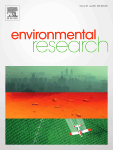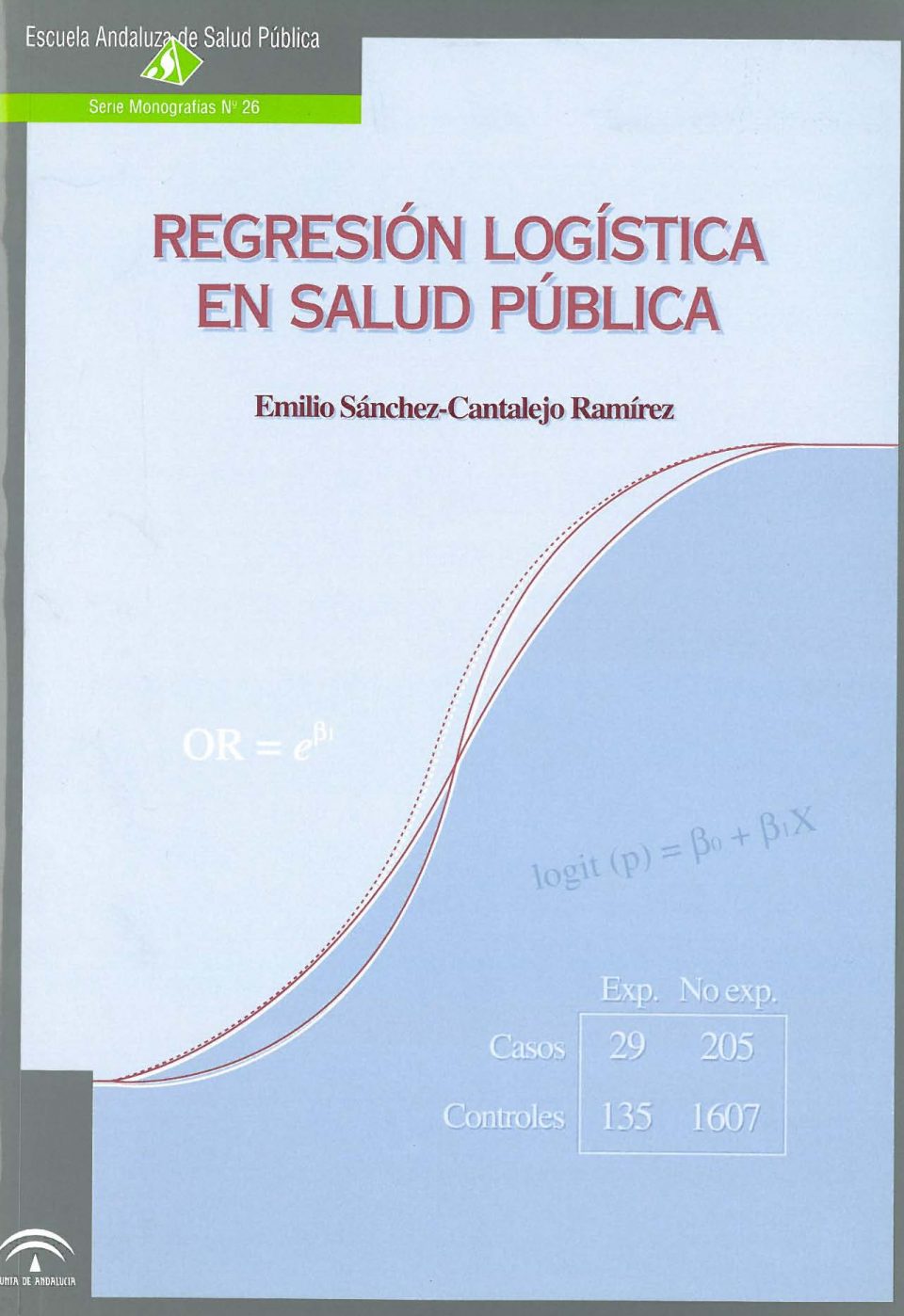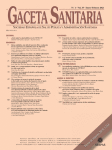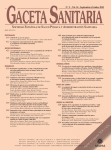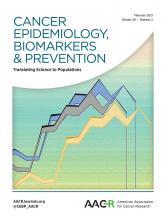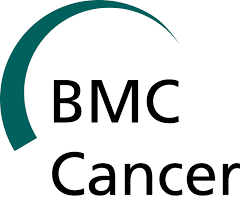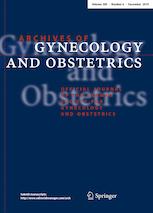Relationship between exposure to mixtures of persistent, bioaccumulative, and toxic chemicals and cancer risk: A systematic review
Environmental risks are responsible for one in five of all deaths worldwide. Persistent, bioaccumulative, and toxic substances are chemicals that can subsist for decades in human tissues and the environment. They include heavy metals, organochlorines, polychlorinated biphenyls, organobromines, organofluorines, and polycyclic aromatic hydrocarbons among others. Although humans are often exposed to multiple pollutants simultaneously, their…



